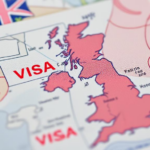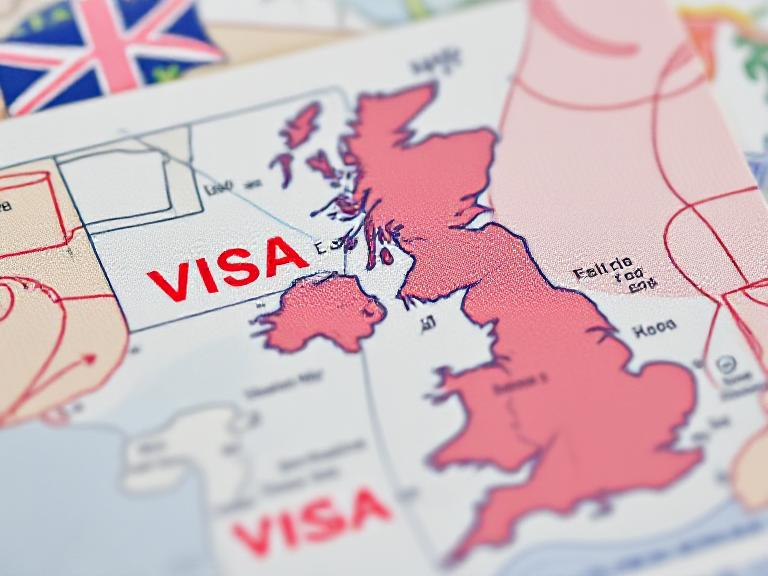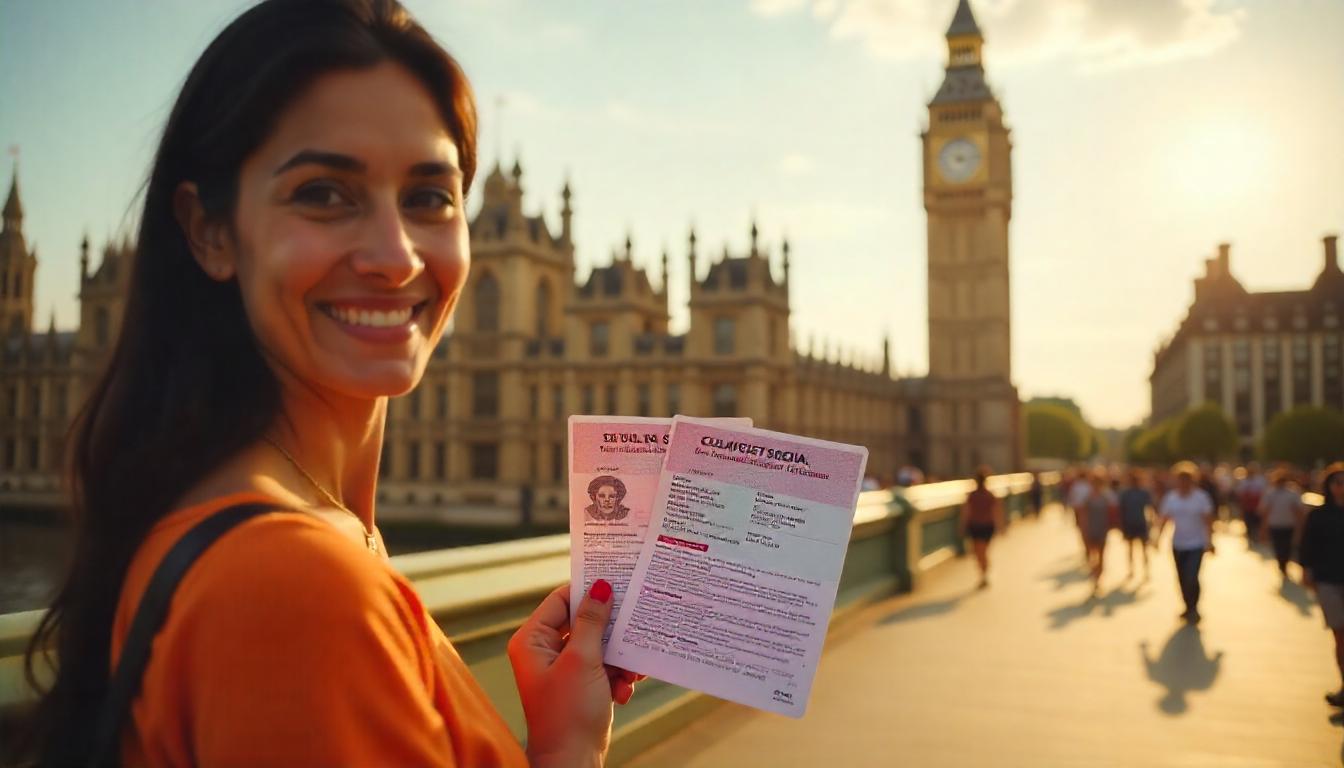Posts List
Posts Slider
Health
Despite an upcoming appeal hearing, the UK orders Nigerian nurses to leave due to alleged exam fraud.
Despite an upcoming appeal hearing, the UK orders Nigerian nurses to leave due to alleged exam fraud. As soon as their visas were revoked, several nurses received formal letters from the Home Office telling them to leave as early as March 17.
Move to UK
Are you looking for a new sponsor? This is the complete list of current contacts.
Are you looking for a new sponsor? This is the complete list of current contacts. Have you been impacted by the revocation of your employer’s sponsor licence while in the UK on a Health and Care Worker visa? Then there is assistance. All foreign healthcare professionals who have been impacted by a revocation are being urged by the government to get in touch with their regional partner using the information provided below.
Posts Carousel
- Are you looking for a new sponsor? This is the complete list of current contacts.
- Beginning on April 9, the cost of the Certificate of Sponsorship, Visit Visa, Student Visa, Work Visa, and renewals will increase.
- Home Office requested an assessment within three months as to why it granted three times as many skilled worker visas
- Heathrow Airport in the UK is closed by a massive fire, disrupting hundreds of flights.
- Despite an upcoming appeal hearing, the UK orders Nigerian nurses to leave due to alleged exam fraud.





























